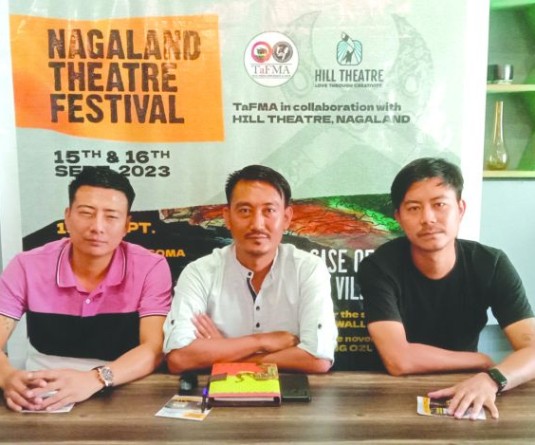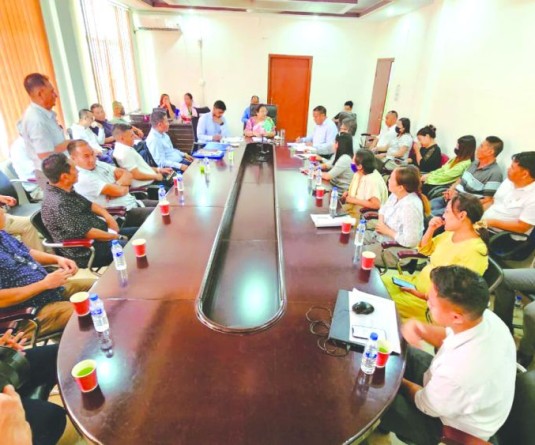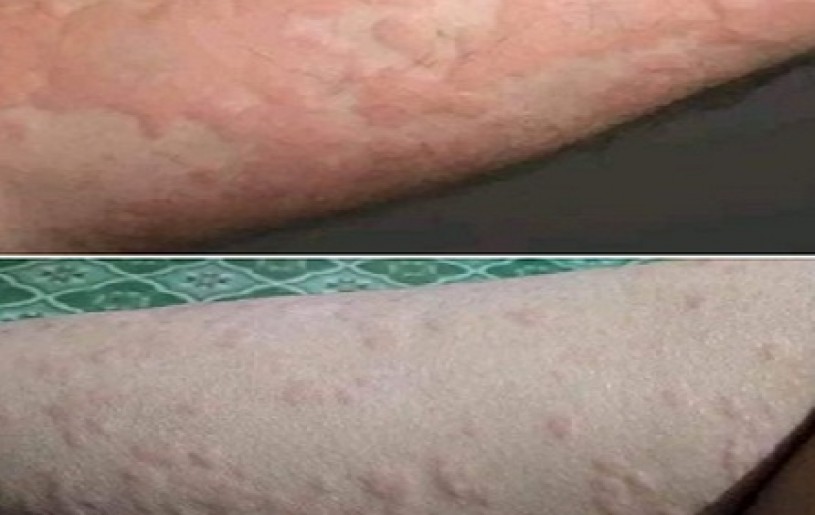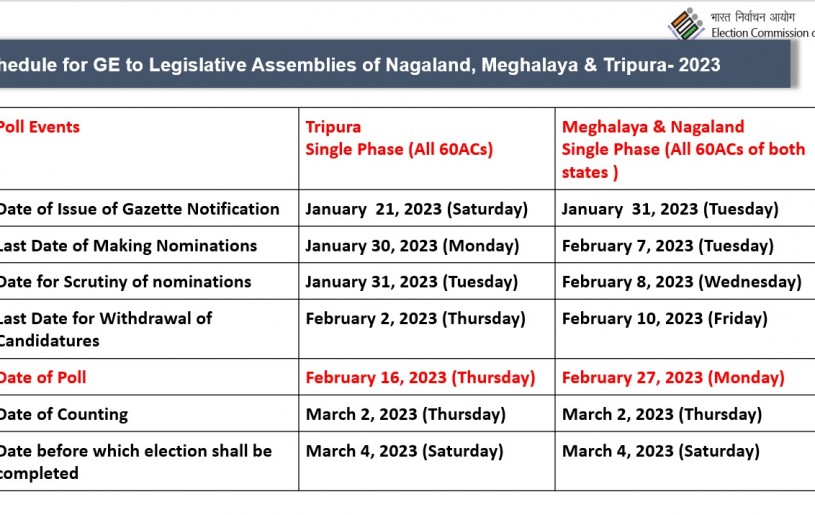COVID-19 & HIV/AIDS: No advisory yet for key populations
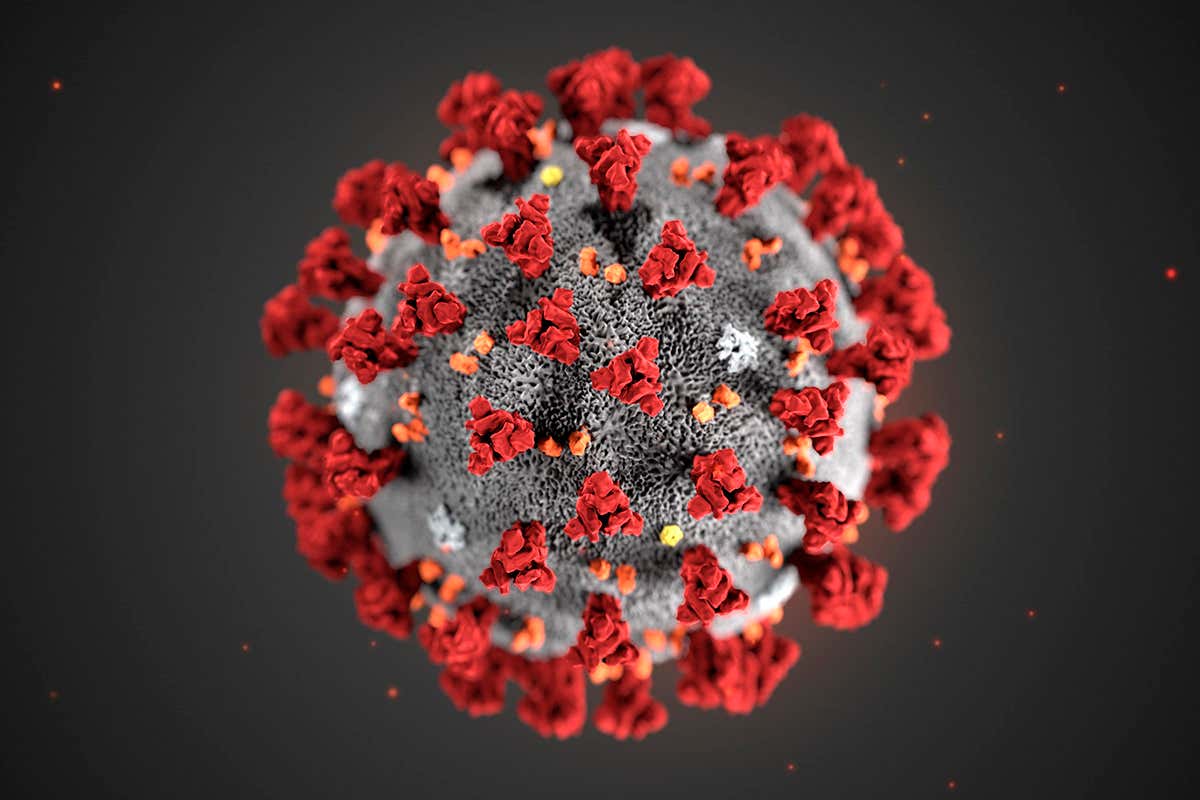
Atono Tsükrü Kense
Kohima | March 18
Since the outbreak and global declaration of COVID-19 as pandemic, key populations viz. People Living with HIV (PLHIV), sex workers, MSM/TG and People who inject Drugs (PWID) who are ‘extremely vulnerable and are at higher risk’ if exposed to COVID-19, seem to have been left in the lurch.
No ‘special advisory’ on how to tackle COVID-19 infection among key populations have been issued either by the central or the state governments.
For those vulnerable populations, many of who are on anti retroviral drugs (ARV) and Opioid Substitution Therapy (OST) and have preexisting medical conditions, the risk is especially higher as they are usually in long queues in congested ART centres for their doses.
On March 17, the Network of Nagaland Drugs and AIDS Organisation (N-NagaDAO), the apex body of NGOs and community based organizations working in the field of Drugs and HIV & AIDS in Nagaland, wrote to the Project Director, Nagaland State AIDS Control Society, for an advisory on OST- COVID-19 PWIDs. It said that those coming for daily OST are at a critical stage since they gather in large numbers potentially putting themselves and health workers (nurses and staff) at high risk during dispensation of daily OST medication.
It further requested the NSACS to ensure all essential medicines and commodities like HIV and Syphilis test kits, ARVs, Buprenorphines, NS and condoms are made available and accessible across all program units, in the event of state government's restriction and likelihood of a lockdown situation in Nagaland.
Similarly, with the Centers for Disease Control and Prevention identifying PLHIVs to be at higher risk to COVID-19, Dr Sundararaman, an advocate and expert with HV/AIDS programme for the last 30 years, also wrote to the Prime Minister’s Office to ensure issuance of three months’ supply of ART to PLHIV and an advisory to key populations with immediate effect.
The correspondence written on behalf of the community and civil society, scientists, doctors and professionals involved in HIV/AIDS and NGOs, CBOs and other organizations responding to HIV/AIDS, pointed out that these populations require special attention and provision of means to protect themselves if and when they get exposed to or infected by COVID 19, and require quarantine facility or treatment access.
‘We are sorry to say that the Ministry of Health or the national apex organization NACO that deals with HIV have not put out any special advisory to the Key Populations including People Living with HIV who are immune compromised at varying levels and if they encounter COVID 19 the consequences could be devastating. This needs to be done immediately at least in the form of supply of ART for PLHIV for 3 months,’ the letter read.
Both the letters were made available to The Morung Express.
Speaking to this journalist, Dr Sundararaman said “I am surprised and shocked that National AIDS Control Organisation (NACO) is not aware of this and has not put out any advisory, while the state organisations are waiting for instructions.” Annoyed with the inactions, he viewed that every arm and leg which is an agency of the government must take this seriously, only then people will take it seriously.
With medical—and governmental—guidance in short supply, Dr Sundararaman posited “If somebody who is HIV positive has cough or fever or breathlessness where do they have to go? There is no information on that. Would they go to regular general hospitals where their immune systems are compromised? How many PLHIVs have a home where can they be quarantined? For those on anti-retroviral drugs, what are the drugs that are working on them? What facility should be set for them?”
When enquired what the best alternative for the key populations would be, Dr Sundararaman spoke of the need to de-congest ART centers, identification of ART drug regiments, provide access to critical services in quarantine and hospitalization and Multi Month Dispensation (MMD) for at least 60 days.
Pointing out that there is no discourse on the matter, he said that there is a leadership crisis as well as policy impasse as there is no one willing to take genuine responsibility in making sure that policies are created.
He asserted that the state should take its own responsibility, take decisions and make sure that multi month medication are given to people with HIV.
Dr Sundararaman also said that following his correspondence with the PMO, a meeting was held on March 17. However, the government is yet to respond to the letter or release information on the meeting.
Kripa Foundation director, Abou Mere said, “We are striving to avoid infection among PWID/OST clients, as many of them may be immune-compromised” and suggested that OST take home can be one of the strategies to avoid overcrowding at OST centres.
In light of these facts, perhaps the next urgent step for the both the central and state governments would be to disseminate information on special protocols for managing members of key populations as well as people who are part of the HIV/AIDS response, especially at a time when fear is spreading faster than the virus.


